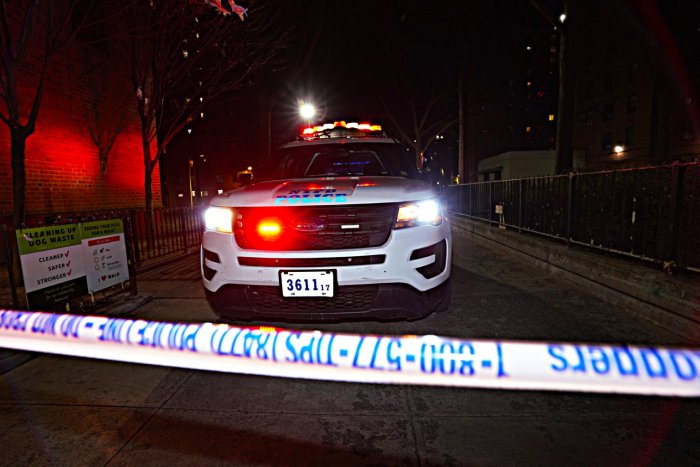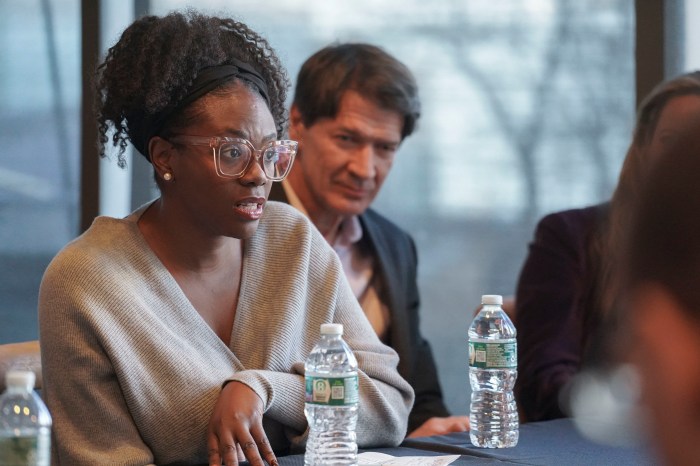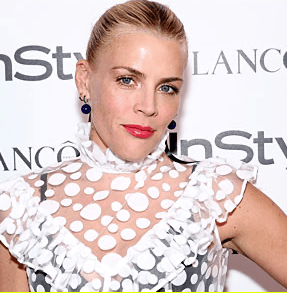By Philip Newman
However, two witnesses representing the so-called big box stores urged caution before legislating anything that would curtail business and Wal-Mart sent a letter but nobody to plead its case. Otherwise, speaker after speaker from Queens and other boroughs painted a picture of low wages, poor employee treatment, few worker benefits, the shifting of workers' medical coverage to taxpayers and a wasteland of boarded-up local shops killed by Wal-Mart.Although the hearing was ostensibly on the subject of big box stores, it was overwhelmingly about a particular kind of big box: Wal-Mart. The Bentonville, Ark. giant disclosed recently that it was considering its first foray into the New York City retail market by opening a store in Rego Park.State Assemblyman Brian McLaughlin (D-Flushing) led off speakers at the public hearing.”Should Wal-Mart succeed with this plan, it will prove to be an economic disaster for our entire city,” said McLaughlin, leader of the Central Labor Council, a coalition of union groups opposed to establishment of a Wal-Mart store in Queens.”Our battle against Wal-Mart is not lower prices. The true legacy of Wal-Mart is lower living standards for hardworking Americans and those overseas,” McLaughlin said.”Studies show that for every two jobs created by a Wal-Mart store, the community loses three jobs,” McLaughlin said. “When Wal-Mart moves into a neighborhood, it devours local businesses and lowers community living standards.”McLaughlin and a number of other speakers appeared at the public hearing conducted by Councilman James Sanders Jr. (D-Laurelton), chairman of the Council's Economic Development Committee, after speaking at an anti-Wal-Mart rally in the lobby of City Hall.Sanders had invited Wal-Mart to send a representative to the hearing, but instead he got a letter signed by Mia T. Masten, community affairs manager of Wal-Mart's Eastern Region. She said she had a scheduling conflict but wrote: “Wal-Mart is eager to make New York City its next retail frontier,” said Masten. “We believe Wal-Mart would be an extraordinary asset to the local economy.” She said each new store would bring 300 to 350 jobs with wages “competitive with those offered by similar retailers in the area.” Sanders said Wal-Mart would be given an opportunity to speak at a future hearing.Councilwoman Helen Sears (D-Jackson Heights), in whose district in Rego Park Wal-Mart wants to open a store, said she had already held discussions with officials of Wal-Mart.”I told them, 'This is New York City. It is not Main Street America. To live in New York, people have to be able to make a living. If you want to come to New York City, you are going to have to make some big changes.' ” “Wal-Mart is Big Daddy,” Sears said. “A Big Daddy has big responsibilities.”Most expressed skepticism that Wal-Mart would change its policies in New York City.”Wal-Mart is not coming to New York City because they have decided to live up to our community's standards,” said Kirk Swanson of the Retail, Wholesale and Department Store Union. “Instead, they are gambling that they can drag us down to theirs.”Swanson asked the Council to impose a moratorium on new box store applications and to conduct a comprehensive study into the impact of such stores. Councilman Eric Gioia (D-Sunnyside) said one problem with Wal-Mart coming to New York was that “we believe in a social safety net. They believe in corporate welfare.” He added, “I look for forward to a Wal-Mart representative coming to our hearings. I have questions.”Sung Soo Kim, president of the Korean American Small Business Service Center of New York, said Wal-Mart style-stores mean the end of the line for mom-and-pop stores.”It is wrong to assume that there is a compatibility between box stores and neighborhood mom- and-pop stores, that they can co-exist. Evidence gathered over the years in various cities shows box stores categorically cannibalize retail markets,” Kim said.”Box stores would suburbanize the unique character of New York,” Kim said. “How can we allow the more than 400 district neighborhoods of New York City to disappear?”Donald Halperin of the New York Metropolitan Retail Association, which represents large discount chains like Home Depot and Target, said retailers should have the right to serve consumers and suggested that not all such stores are big boxes, mentioning that in many cases, they conform to the architecture of their new environments.Yoram Rubenenko of CostCo said his company pays good wages up to $41,000 annually, provides benefits and has the lowest turnover in the retail industry. Rubenenko said the Council could end up damaging companies like his in its effort to restrict big box proliferation.Sanders said no conclusions would be made about big box stores for the time being and there would be more hearings on the matter.Reach contributing writer Philip Newman by e-mail at news@timesledger.com or by phone at 718-229-0300, Ext. 136.



































